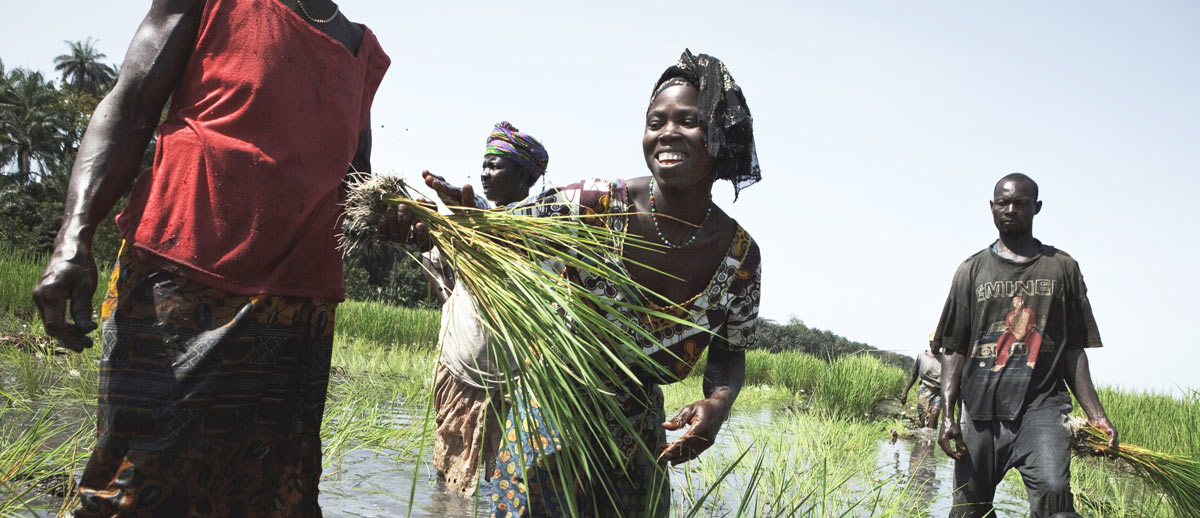
Our approach
The Institute for Social Science Research in Africa (IFSRA) structures its research policy around one issue: the mechanisms of sustainable and inclusive development as they are constructed, operated, translated and reappropriated in public and private development projects in the Global South (axis 1). We analyse them in relation to the dynamics of Southern societies, characterised by mobility and circulation (of people, ideas, imaginaries…) that test the construction of citizenship (axis 2). Because of the changes they generate, we think about development projects in relation to the past and what should be preserved for future generations. This is why we also explore questions of heritage-making within local communities impacted by such projects (axis 3).
Each of our research axes intersects with gender issues, from the perspective of i) the relationships between men and women actors, and ii) the categories and social roles that are attributed to different genders, as well as how they are perceived in local contexts.
IFSRA is based in Ouagadougou and produces knowledge from locally-situated projects across West, Central and East Africa. With its sister organisation operating across Latin America and Asia, as well as Africa, IFSRA builds on this experience to develop research in other contexts across the global South.
IFSRA also proposes to bridge the gap between consultancy and research. By developing research projects with researchers who are also engaged in consultancy activities, IFSRA encourages the dissemination of knowledge and methods from research to consultancy. In return, IFSRA relies on the knowledge accumulated in the field by consultants, and applies the work to make meaningful contributions to ongoing debates within academic research. In doing so, IFSRA aims to provide a space for dialogue and reflexivity between research and expertise that is mutually beneficial to both activities as well as to public policies and actors who are driving social change in Africa and beyond.
IFSRA promotes scientific partnership, by conducting activities alongside national and international research organisations, and through knowledge sharing in the form of courses, conferences, co-editing of articles, and student supervision. This partnership approach recognises the importance of South-South collaboration.